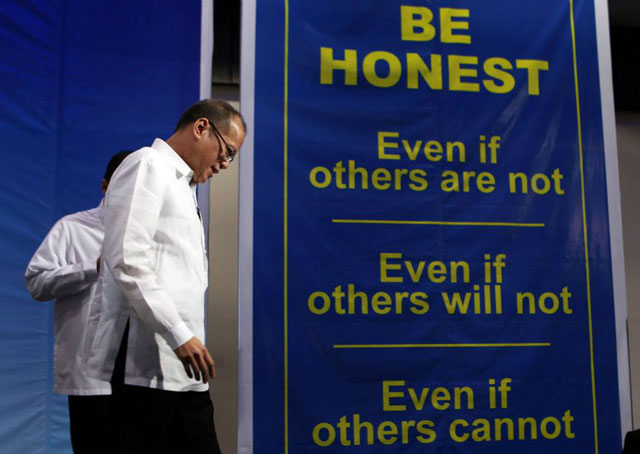The Impact of the Total Ban on Abortion in the Philippines
I thought I had read a lot of articles about abortion of the Filipina women in the Philippines. Data from Likhaan reveals that in 2008, there was an estimated number of 560,000 abortions. 90,000 were hospitalized due to complications and 1,000 died for lack of care. This video will truly touch you on the realities of abortion. A severely-ill woman dies while doctors debate on whether or not to give her an abortion. A young doctor was raped and dies from an illegal and unsafe abortion.
View Part 1
View Part 2
Despite legal and cultural prohibitions, over half a million women in the Philippines resort to abortion each year. These women do so under pain of being maligned, ostracized and physically harmed to the point of losing their lives. Why do so many assume so much risk? How much value does Philippine society put on women’s lives? How should society respond, especially the health sector, which holds itself to healing all?
These issues are explained in this film which is based on the real-life stories of four women: a teenager, a poor single mother, an ailing pregnant woman, and a young struggling doctor. It captures their circumstances, their reasons, how they sought and had abortions, how they were treated by health personnel, and the tragic deaths of two. Thoughtful and challenging commentaries are provided by Prof. Elizabeth Aguiling-Pangalangan, a professor of the UP College of Law; Dr. Junice L. D. Melgar, Executive Director of Likhaan (which researched the stories); Dr. “Nilda”, an Obstetrician-Gynecologist who cared for two of the women; Prof. Mary Racelis, a professor of the Ateneo Department of Sociology and Anthropology; and Dr. Alberto Romualdez Jr., former Secretary of the Department of Health.

Agaw-Buhay (Fighting for Life) literally describes the tragic struggle of two women in the film. However, it also describes the life-threat of unsafe abortion to over 1,500 women who daily face risks due to what they deem as “desperate reasons.” Finally, Agaw-Buhay is a plea for a sober and objective re-weighing by society of abortion and the true worth of women’s lives.
Share your thoughts:
What stories stood out for you?
How does stigma and silence affect women’s emotional and mental health after abortion?
Are women supposed to feel guilty about having an abortion?
Selfish, immoral, irresponsible – why do these words often come up when talking about unintended pregnancy? Are women who have abortions really like these?
How do legal restrictions affect women’s feelings about their abortion? Health providers in the performance of their duties?
Do you think there are special cases in which abortion should be allowed legally?
What role should men be playing in preventing unintended pregnancy?
Do men have a right to be involved in decisions about pregnancy/abortion?
The film ends with a question. Are there any actions you’d like to take? What can be done in order to prevent unintended pregnancies and unsafe abortion?

